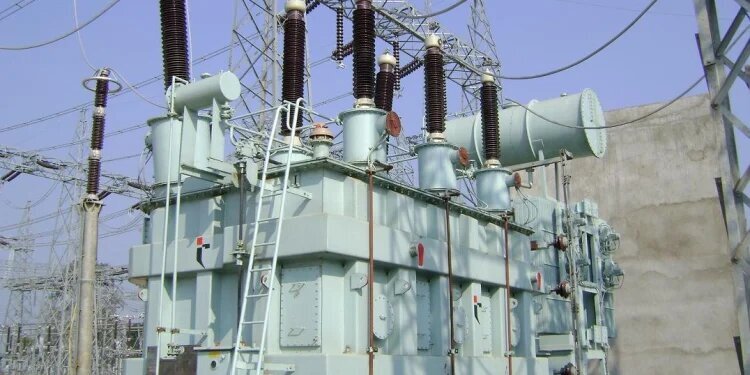The Forum of Commissioners for Power and Energy has voiced strong opposition to the proposed 2025 amendment to the Electricity Act, warning that it could disrupt the progress made in the power sector and trigger constitutional disputes between the federal and state governments.
In a joint statement by Eka Williams and Omale Omale, Commissioners of Power and Renewable Energy for Cross River and Benue States respectively, the forum cautioned that the bill could impose further financial pressure on both tiers of government and consumers, undermining efforts toward a more efficient and financially sustainable electricity industry.
Released to journalists in Makurdi, the statement emphasized that the proposed changes might infringe upon the constitutional authority granted to states over electricity distribution within their jurisdictions. The commissioners argue that this could lead to legal and regulatory clashes between federal and state energy bodies.
“The bill introduces potential conflicts in regulatory oversight, which would not only undermine the principles of cooperative federalism but could also result in legal battles,” the forum stated. “Its implementation could destabilize ongoing reforms and negatively affect the sector’s long-term sustainability.”
One of the key issues raised is the additional cost burden the bill could place on electricity consumers many of whom are already struggling with high tariffs under Band A service. The forum stressed that states are currently working toward fair, cost-reflective tariffs linked to improved power delivery, and the amendment could complicate this effort.
Another major concern is the proposed mandatory contributions from consumers and market stakeholders to the Power Consumer Assistance Fund (PCAF), a move the commissioners argue would only worsen the financial strain on users.
“The Electricity Act of 2023 was a significant milestone in repositioning the power sector. However, this proposed amendment could reverse the progress made under that legislation,” the statement continued. “Introducing this amendment now risks undermining key energy sector policies championed by President Bola Ahmed Tinubu.”
In conclusion, the forum called for a more inclusive and consultative approach to electricity reforms, urging that any legislative changes should support, rather than hinder, the ongoing transformation within Nigeria’s power landscape.





